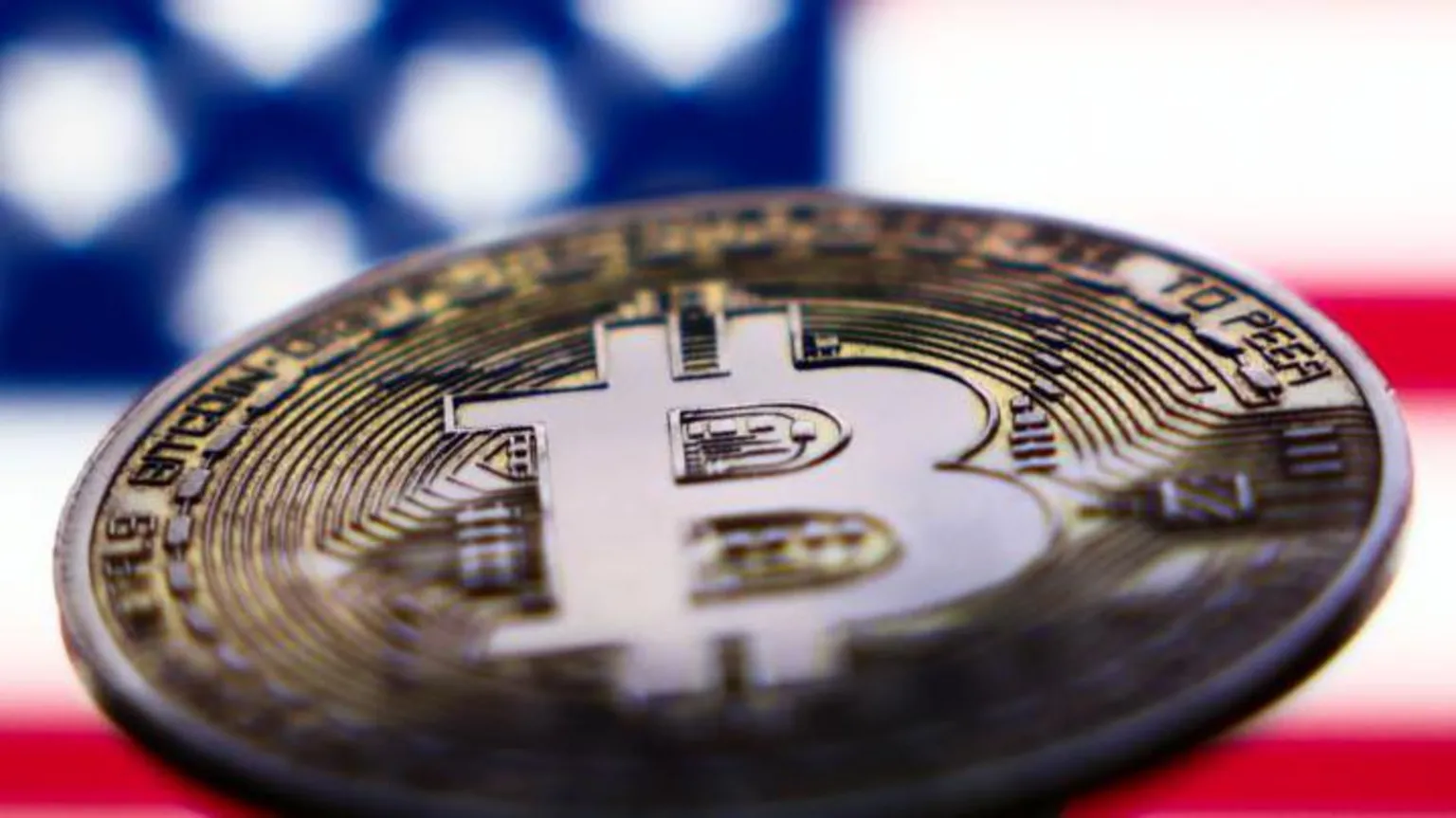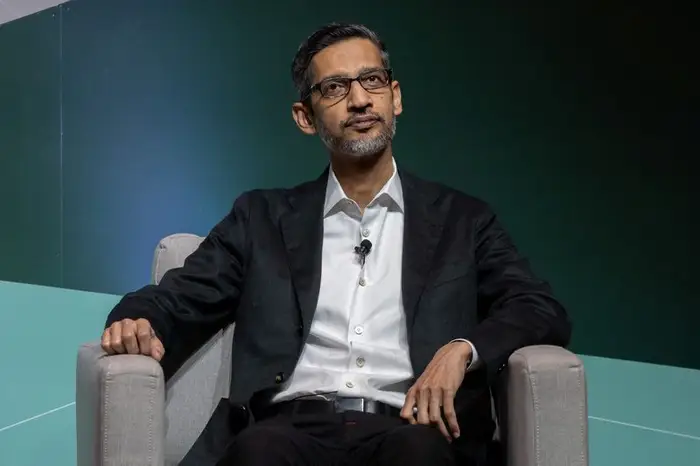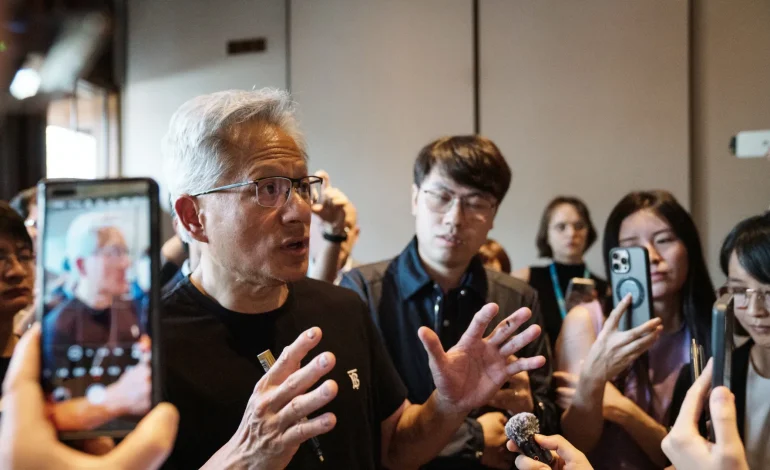In a move that’s got trade lawyers reaching for their stress balls, Nvidia and AMD have agreed to hand the US government 15% of their China AI chip sales—just for the privilege of selling them there.
The unusual deal, hammered out last week between President Donald Trump and Nvidia CEO Jensen Huang in the White House, effectively makes Washington a business partner in the companies’ China operations. It covers Nvidia’s H20 chip and AMD’s MI308, both tailored for the Chinese market after earlier US export restrictions.
The catch? This isn’t a tax on imports—it’s a levy on exports. And that’s where constitutional alarm bells are ringing.
“The US Constitution flatly forbids export taxes,” warned Peter Harrell, a former White House economic official, calling the arrangement a dangerous precedent.
Critics say export controls are supposed to guard national security, not fill Treasury coffers. Christopher Padilla, a former top Commerce Department trade official, compared the setup to “bribery or blackmail, or both.” The Trump administration, meanwhile, hasn’t said what it plans to do with the windfall—potentially more than $2 billion this year alone.
The politics are just as thorny. Back in April, the administration had blocked H20 sales to China over fears the chips could turbocharge Beijing’s AI capabilities, from civilian systems to military applications. Now, after a quick reversal in July, those sales are back—if Washington gets its cut.
Nvidia’s pitch to Trump was simple: let us sell, or Huawei will dominate the Chinese AI chip market and reinvest those profits in catching up to American tech. Huang also framed it as a race to set global standards, warning:
“America cannot repeat 5G and lose telecommunication leadership.”
Not everyone’s convinced. National security hawks say the chips, even if less powerful than US-only versions, are still potent enough to accelerate China’s AI ambitions. Trade experts add that monetizing national security rules could tempt Beijing to push for similar pay-to-play arrangements elsewhere.
Still, the business upside for Nvidia and AMD is huge. Chinese buyers are reportedly lining up for the long-delayed shipments, and Nvidia’s already ordered hundreds of thousands more H20s from its Taiwanese manufacturer to meet demand.
It’s a high-stakes experiment in mixing geopolitics and corporate revenue streams—one that could reshape not just US-China tech trade, but the very definition of what an “export control” means.
With input from the Washington Post, Al Jazeera, the New York Times, Axios, and BBC.










The latest news in your social feeds
Subscribe to our social media platforms to stay tuned